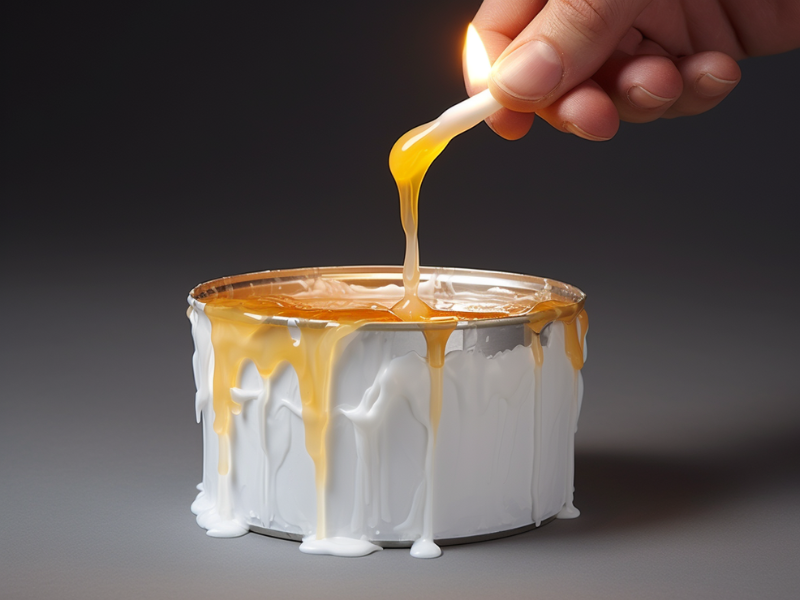We’ve all been there – a favorite item breaks, and we scramble to find that half-used tube of glue we’re certain is in some drawer. But when we finally find it, we’re met with an unpleasant surprise – the glue is solid, useless. A question pops into our minds, does glue expire? It’s a query most of us haven’t really pondered, but the answer is more intriguing than you’d think.
Welcome to the exploration of the sticky world of glue shelf life. It’s a tale that weaves through the fascinating chemistry of adhesives and practical advice for maintaining their effectiveness. So, if you’re ready to unravel this adhesive mystery, let’s get started.
The Sticky Overview: A Breakdown
- Understanding glue and expiration
- Different types of glues and their respective shelf lives
- Tips to extend the life of your glue

The Expiration Equation: Unraveling Glue Lifespan
Yes, glue does expire. The shelf life of an adhesive is determined by various factors such as its chemical composition, storage conditions, and even its packaging. Just like food, glue can degrade and lose its adhesive properties over time, making it less effective.
Here’s the bottom line: To avoid the disappointment of finding a hardened tube of glue just when you need it, it’s essential to understand the lifespan of different types of adhesives and how to prolong it.
Sticking Around: The Lifespan of Different Glues
- PVA (Polyvinyl Acetate) Glue: Your typical white school glue. Generally, unopened PVA glue can last about a year but once opened, it’s best to use it within 6 months.
- Super Glue (Cyanoacrylate): Super Glue has a shelf life of about a year unopened. Once opened, aim to use it within a month or two as it reacts with moisture in the air and can harden over time.
- Epoxy Resin: These two-part adhesives can last quite long if stored properly. Unopened, they have a shelf life of about 2 years. Once mixed, they should be used immediately.
- Wood Glue: Wood glue typically has a shelf life of 1 to 2 years, but it’s always best to check the packaging.
The Lifespan of Stickiness: Tips to Extend Your Glue’s Shelf Life
- Store Correctly: Keep your glues in a cool, dry place. Moisture and heat can speed up the degradation process of adhesives.
- Cap Tightly: Make sure to tightly seal the glue after use to prevent air and moisture from hardening the adhesive.
- Buy Smaller Packs: Instead of buying large quantities of glue, opt for smaller packs. They may cost more per volume, but they’ll likely be used before they expire.
Conclusion: Stick to the Plan
Understanding the shelf life of glue can save you from the unexpected frustration of discovering unusable adhesive in your time of need.
Remember, proper storage is key and using your glue within its ideal timeframe ensures its effectiveness. After all, gluing is no fun when the stickiness has left the building!


